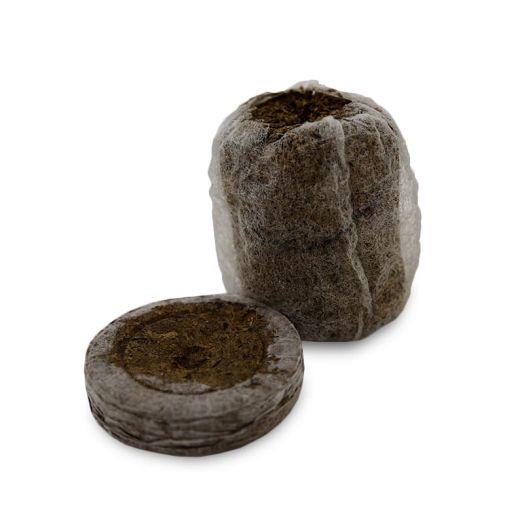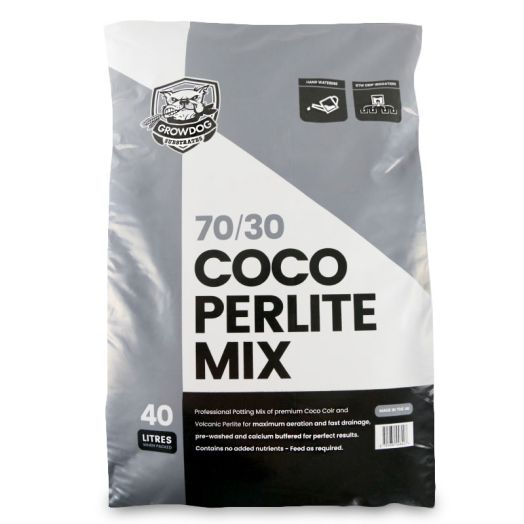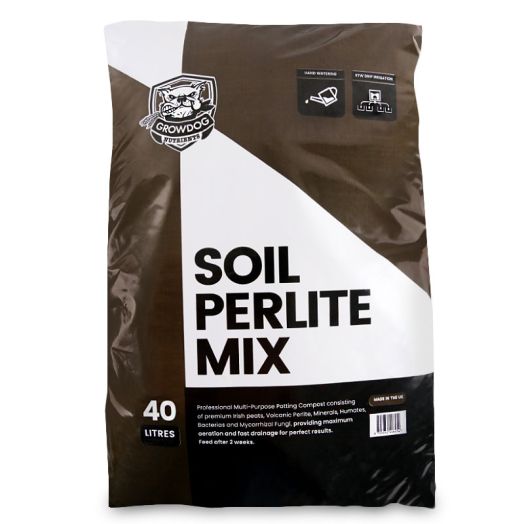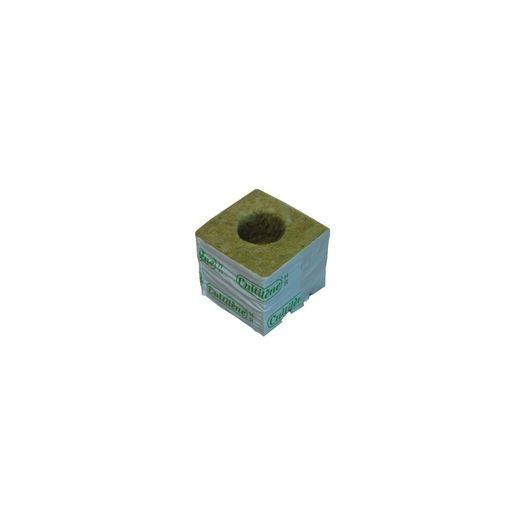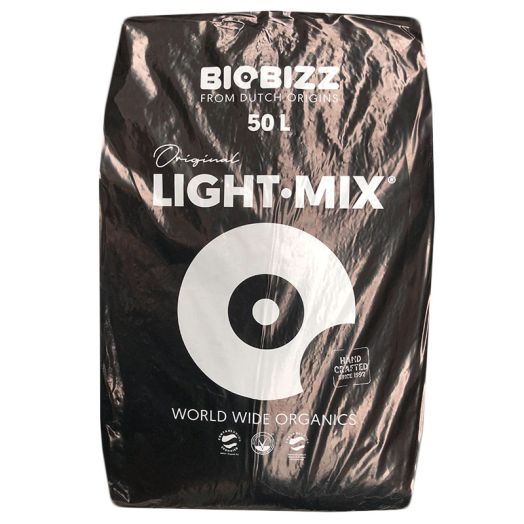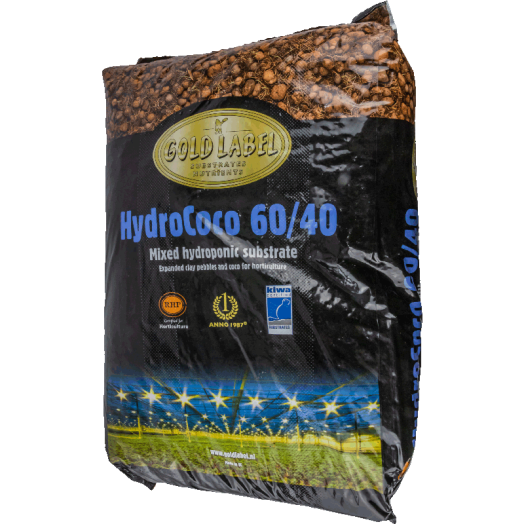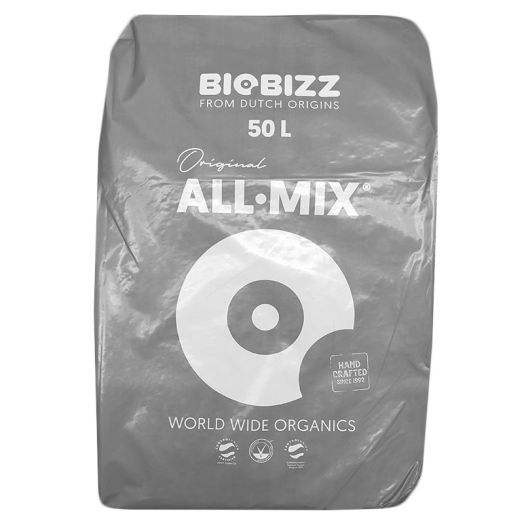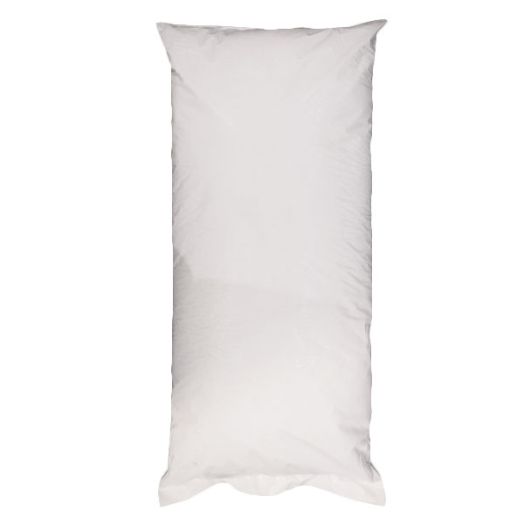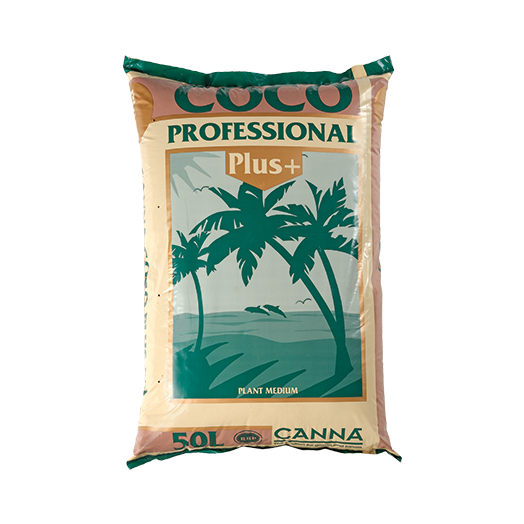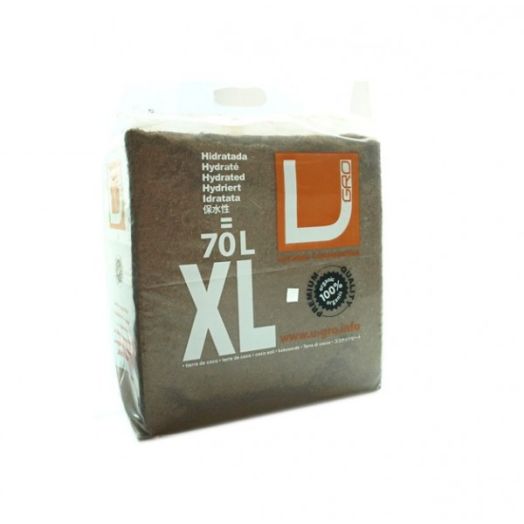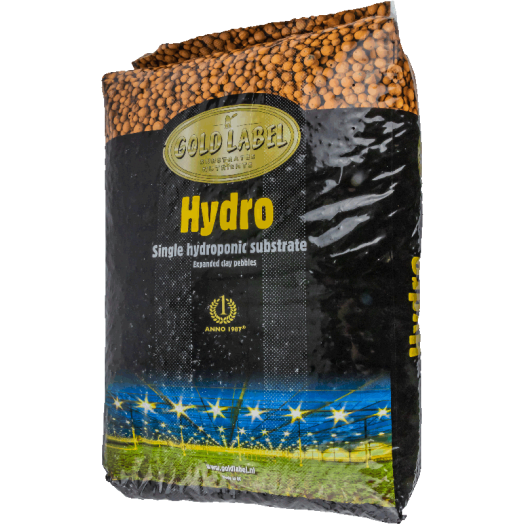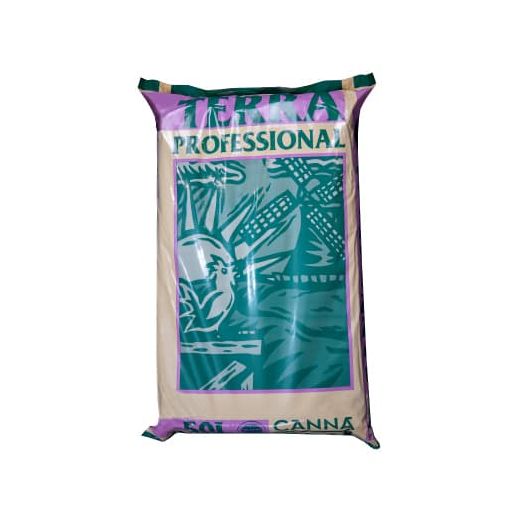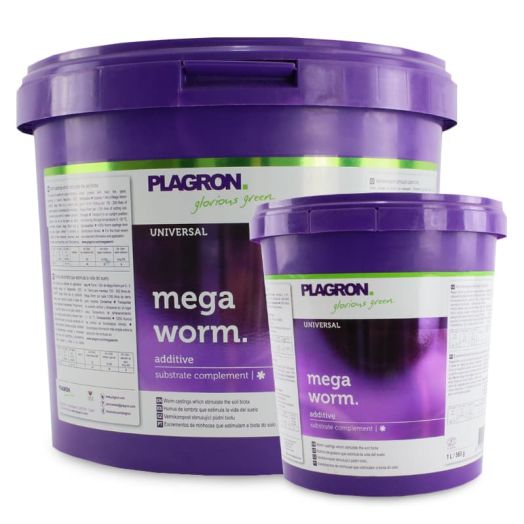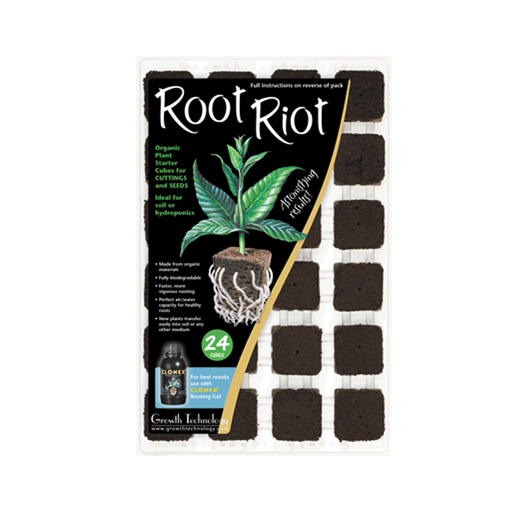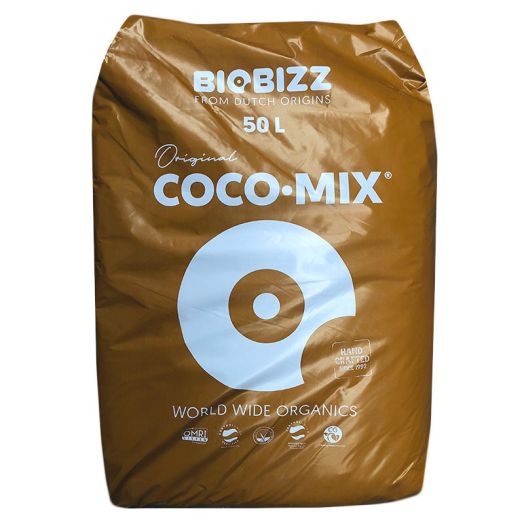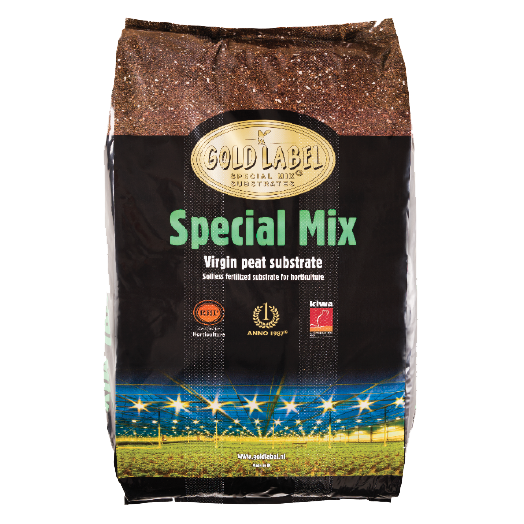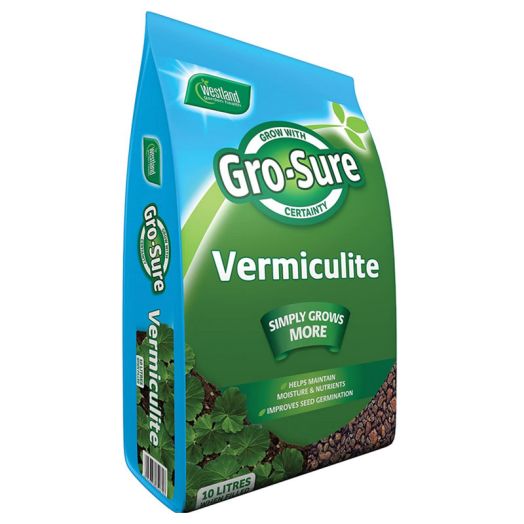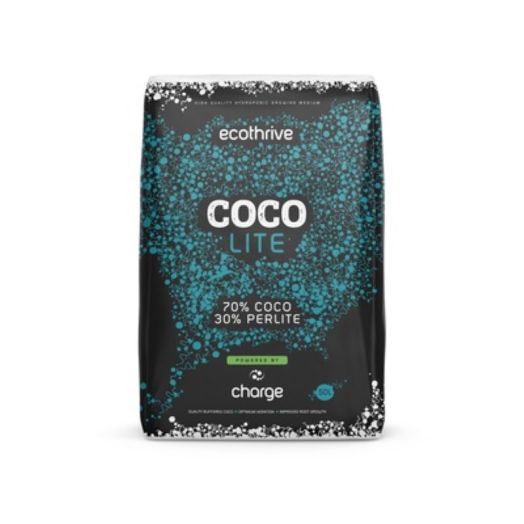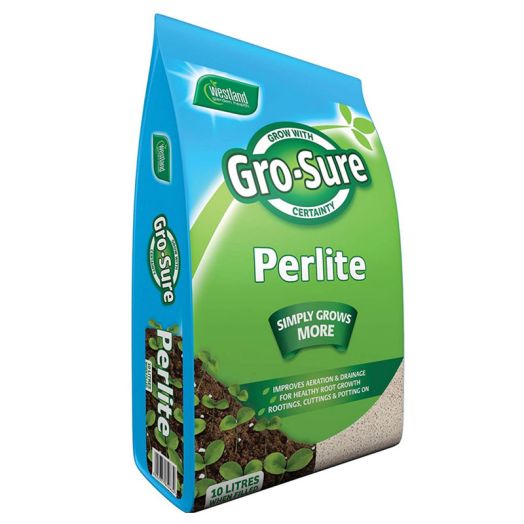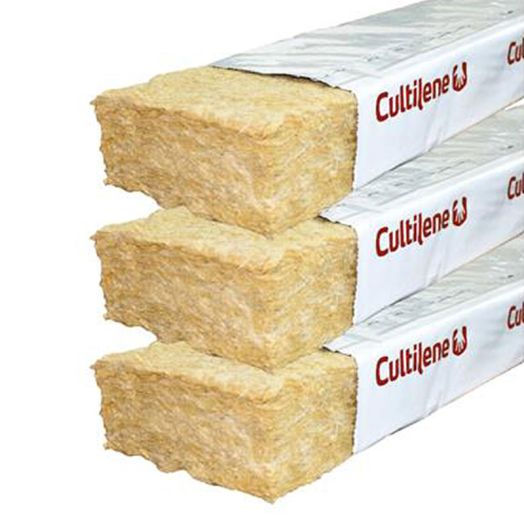Growing Media

We stock a range of growing media for the indoor growth of plants. Your preferred method of growing will denote which substrate you use. Organic soil, Clay balls, Coco, and Perlite all have individual pros and cons. Check out our buyer's guide below for more information, or get in touch with one of our in-store experts.
Growing Media
Growing media, sometimes referred to as a hydroponic substrate performs several functions that are essential for plant development, including:
- - Structurally supporting the base of the growing plant, preventing it from toppling over.
- - Providing a perfect environment for roots to uptake water, nutrients and have access to oxygen.
- - Allow the roots to easily grow through the medium.
Types of growing media
Different types of growing media have very different physical characteristics, some of the things to look out for include: the speed of drainage, air porosity and stability of the medium over time. There are also chemical characteristics such as the base electrical conductivity (EC) level of a given medium, which is a measure of the salts and the acidity (pH) of the substrate. Substrates that are manufactured specifically for the horticultural market are usually processed in a manner that results in a compatible EC and pH to facilitate plant growth. Premium manufacturers of substrates have a hold over the entire manufacturing operation from sourcing and processing to packaging which helps create a consistent product which will produce uniform crops across cycles. Cheaper sources of grow media can often be contaminated and may need to be thoroughly rinsed before use in a horticultural environment - we advise that you never use construction aggregate as it will be less chemically stable and contain many more impurities that horticultural grade substrate.
Coco Coir
Manufactured from the husks of coconuts, Coco Coir is an inert, aerated substrate that has a large capacity for carrying water. It’s increasingly being used as an alternative to sphagnum peat moss in potting soil mixes and is very popular among indoor gardeners as a stand-alone substrate, with several nutrient brands designing nutrient lines especially for this medium. Coco Coir is environmentally friendly because it’s sustainably produced and renewable - making use of a product that would otherwise be discarded in the harvesting process of coconuts. If you’re moving over to hydroponics from soil or after a forgiving hydroponic substrate, Coco Coir may be the perfect option.
Rockwool
Rockwool is created from spinning extremely hot lava through a stream of air in a similar way to how cotton candy is made. This produces thin fibres which are then compressed into cubes and slabs that allow moisture to easily penetrate, whilst holding air, providing the perfect environment for roots to grow through. Rockwool is inert but needs to be soaked in nutrient solution for 24hrs to ensure it’s chemically stable before use.
Clay balls
Clay balls, Hydroton or Lightweight Expanded Clay Aggregate (LECA) is an environmentally friendly, renewable growth medium that offers excellent drainage properties while retaining some water in the honeycomb-like porous centre of each ball. Due to the hard ceramic shell surrounding each clay ball, they are extremely resistant to compaction during use, ensuring the air carrying capacity is consistent throughout a growth cycle. One of the downsides of clayballs is the dust that is produced during transportation and use so they must be washed before use and between cycles if you’re reusing them.
60/40
A mix of 60% clay balls and 40% coco coir, 60/40 provides a high water carrying capacity resulting in a lower watering frequency and better rooting. Designed for ebb and flood systems, 60/40 also works perfectly when used in dripper systems. 60/40 has better drainage and airflow than pure coco coir, allowing a more aggressive feeding schedule, pushing the plants to produce more fruit and blossom.
70/30
A mixture of 70% coco coir and 30% perlite, Cocogreen’s 70/30 has similar benefits of 60/40, providing a fast-draining medium that maintains a high carry capacity of both water and air.
Growstones
Growstones are manufactured from 100% recycled glass and are the most environmentally friendly substrate on the market. Growstones are irregular shapes, allowing space for air and water in-between the stones. Growstones are porous and can hold up to 30% of their weight in water or nutrient solution, making them suitable for use in most hydroponic systems. The pores in growstones are a mix of large and small, providing the perfect environment for root growth and microorganisms.
Potting Soil
Whilst not strictly a hydroponic method, plants have evolved over thousands of years with their roots in soil. Biobizz light mix and Biobizz All mix are consistently popular among organic growers. Soil contains the full range of micro and macro nutrients that are required by plants for healthy development but plant growth can be facilitated with liquid nutrients. Soil represents the simplest option to get your garden producing however, growth can be slower in soil when compared with hydroponic techniques.
If you’ve got more questions about substrates in a hydroponic garden or if you’re unsure what's the right type for the system you use, get in touch with our specialist team on 0800 085 7995 or email us

